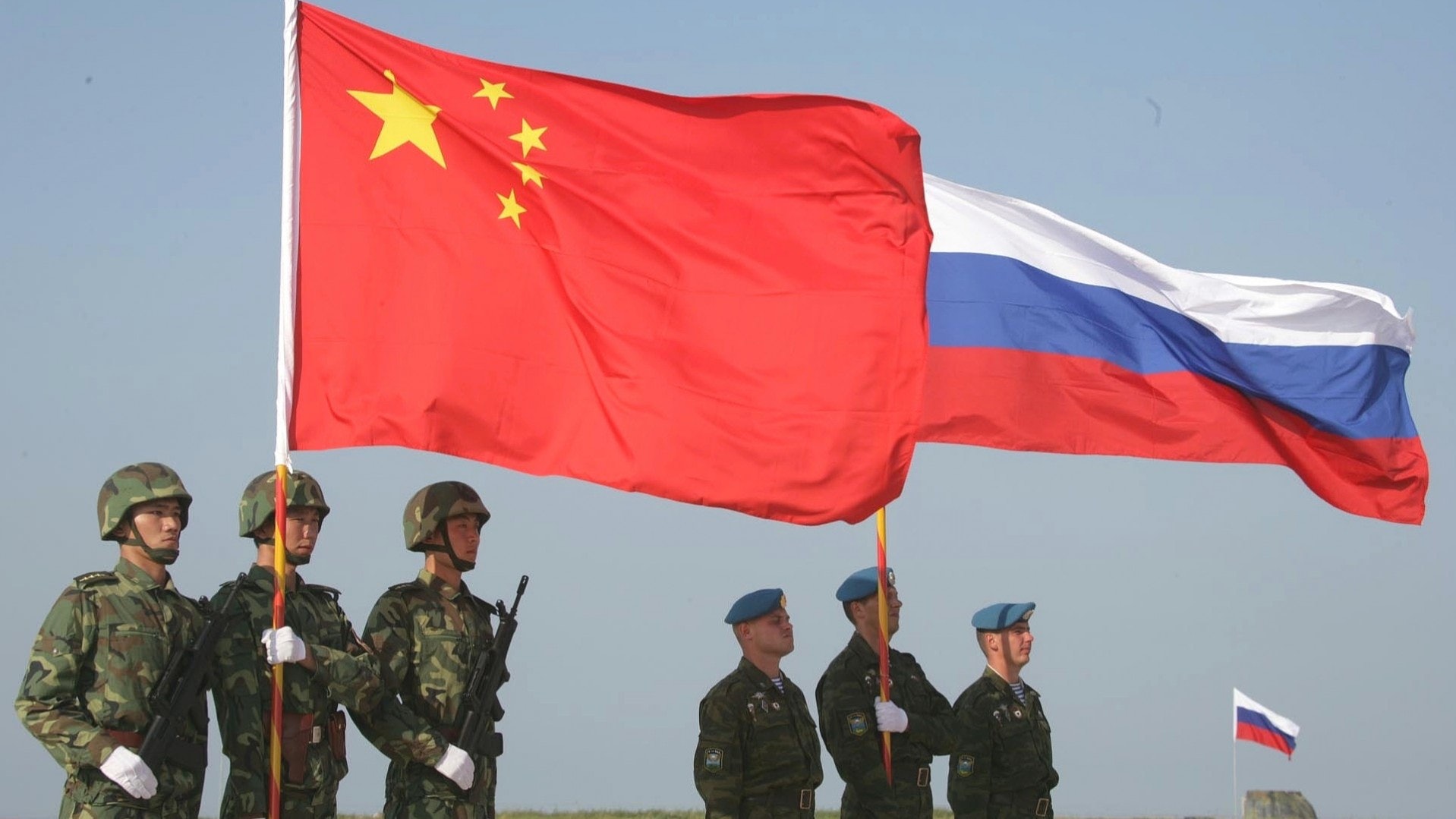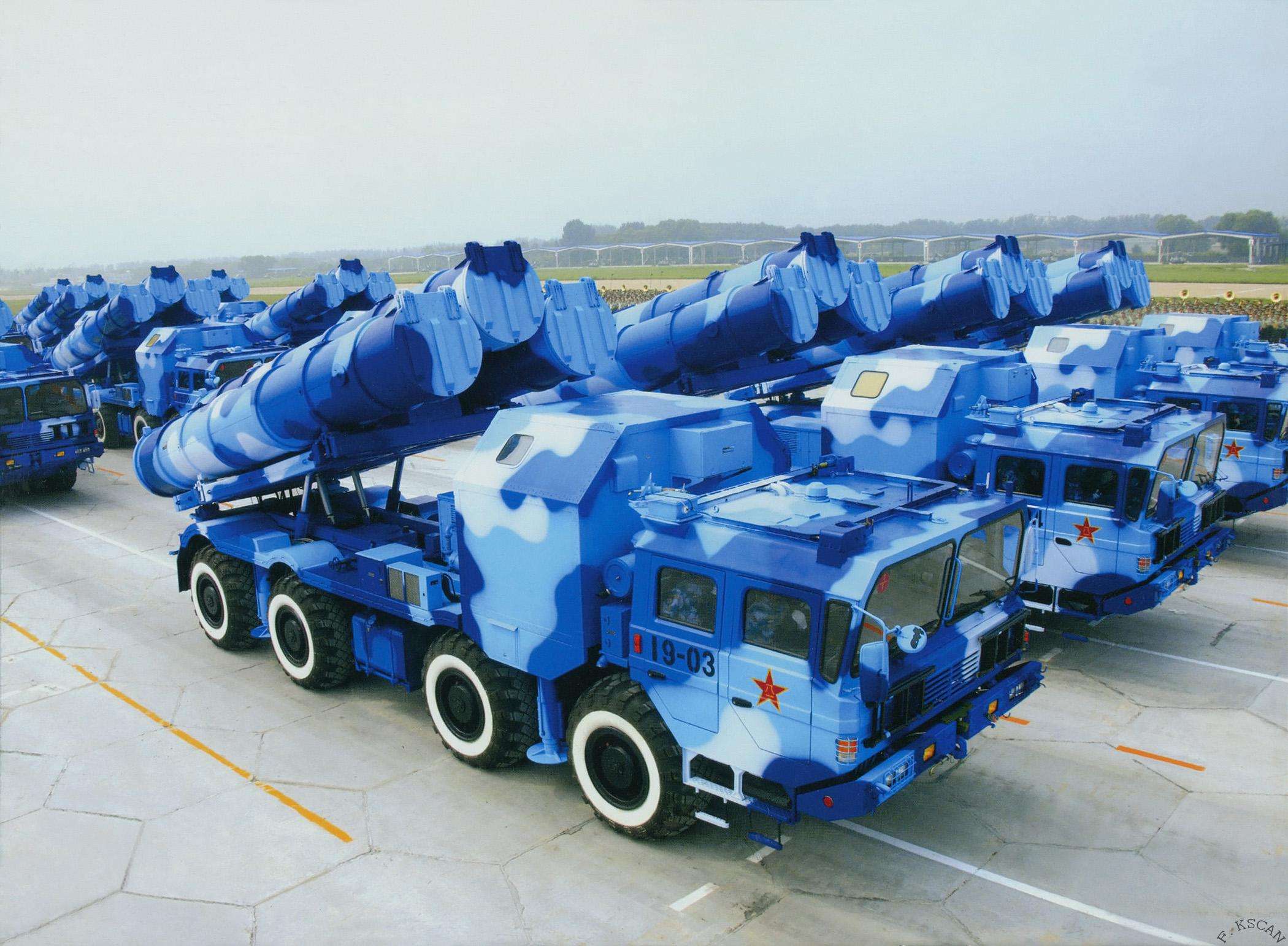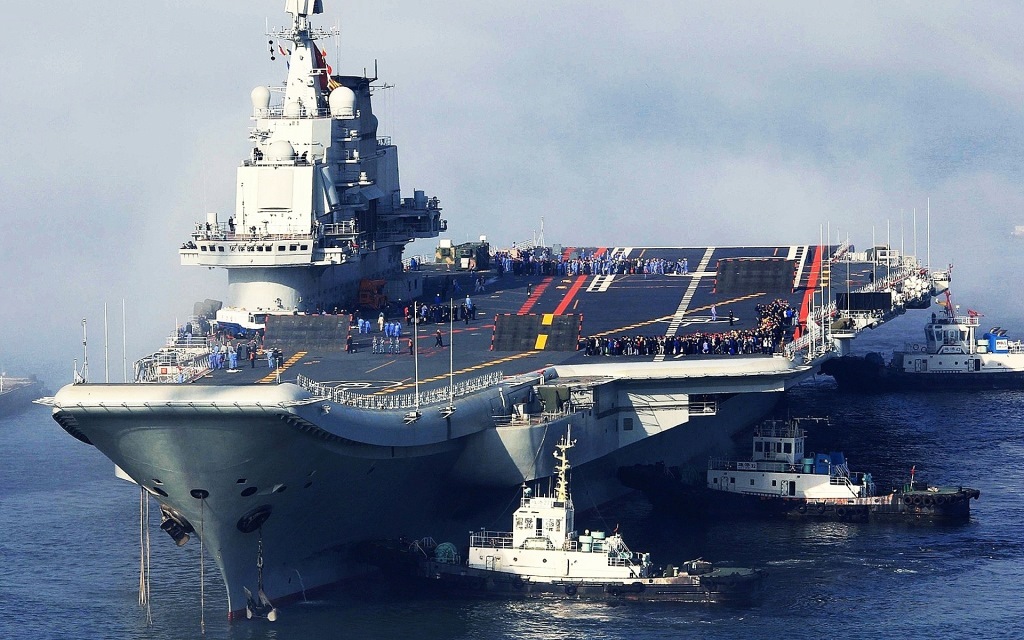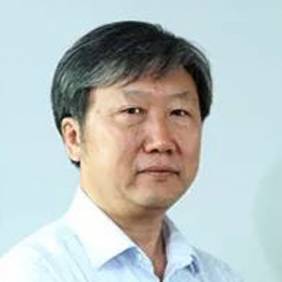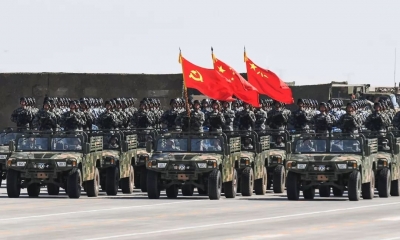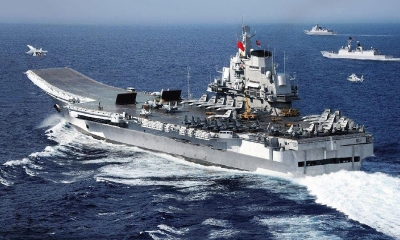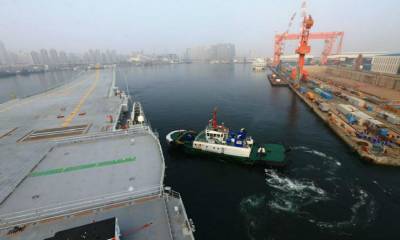The U.S. Arms Trade Sanction on China Is No More Than an Illusion
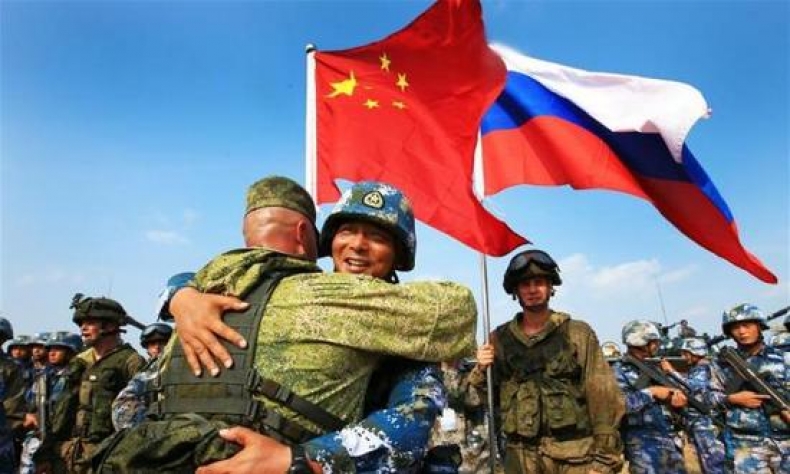
China’s Ministry of Foreign Affairs has given “the first warning” to the United States in response to the sanctions against the Equipment Development Department of the People’s Republic of China Central Military Commission and its responsible personnel.
On Sept. 20, Trump Administration decided to impose sanctions on the Chinese senior military organization and officials on the ground that some Chinese personnel and institutions had violated the “Countering America’s Adversaries Through Sanctions Act” by importing military equipment from Russia.
The Logic of the Blatant Hegemony and Bullying
In wake of two unsuccessful bouts of the recent trade war, the United States again targeted China in the field of arms trade, imposed sanctions on the Equipment Development Department of People’s Republic of China Central Military Commission, banned foreign exchange transactions within its borders and the U.S. financial system, and refused to issue export licenses to China. Such sanctions have been carried out because China has bought the Sukhoi Su-35 fighter plane from Russia and the S-400 air defense missile system. But is it really working to impose sanctions on China?
China’s Ministry of Foreign Affairs has given “the first warning” to the United States in response to the sanctions against the Equipment Development Department of the People’s Republic of China Central Military Commission and its responsible personnel. China strongly urges the U.S. to immediately correct its mistakes and lift the so-called sanctions; otherwise, it is to bear all consequences resulting therefrom.
The United States has breached the international “Arms Trade Treaty” by interfering with the normal arms trade between China and Russia and using its domestic law in the form of the “Countering America’s Adversaries Through Sanctions Act”. According to the norms of international law, all sates enjoy the same sovereign equality. No country has the right to impose its domestic law on others, nor does any country have the obligation to comply with the domestic laws of any other. In the global arms trade market, seven of the top 10 sellers of guns, tanks, fighter aircraft, missiles, ships and other arms come from the U.S., accounting for 50 percent of the world’s sales, putting it in first place with a total sales amount US$40 billion. At the same time, however, the U.S. promotes domestic laws instead of international laws to impose sanctions on other countries. It will inevitably cause great dissatisfaction among the international community and both sides in arms procurements with regard to the United States’ control of high-tech weapons, and thus the control of the world. This is the logic of a blatant hegemony and bullying.
The sanctions are unlikely to affect China’s arms deals with Russia and in the international market. “China and Russia are comprehensive strategic cooperation partners. The two sides have maintained normal exchanges and cooperation in all fields, including defense, in accordance with the principles of equality, mutual trust, mutual benefit and win-win development. China will work with Russia to further implement important consensus reached by the leaders of both sides, and push strategic cooperation between the two countries to a higher level.” Sanctions on China’s international arms trade will hardly influence its strategic cooperation with Russia given the fact that the two countries are already making use of special mechanisms to carry out financial clearing. ”
“I don’t think sanctions will have an impact on China’s arms trade,” said Alexander Gabyev, project leader of the Moscow Carnegie Center. “China will continue to buy the weapons and systems it needs and is interested in, and cooperation between China and Russia will be sustained.”
The U.S. Aims at Scaring Other Countries
China was blocked for decades because of the arms export restrictions imposed by the United States and other Western countries, and the blockade was itself the most severe sanction implemented throughout that time. Far from being beaten down, China now has the most complete military industrial system in the world, and its scientific and technological strength is just behind that of the United States. The Chinese J10, J11 and J16 fighter planes are now absolutely comparable with the third and fourth generation aircraft of the U.S., and the competence of the Chinese J20 is also on a par with that of the F22. Considerable progress has been made in conventional power systems, electromagnetic ejection systems, directed energy weapons system, quantum radar systems and artificial intelligence weapon systems of China’s aircraft carriers. This has aroused a sense of menace in the U.S., considering frustrations related to the trade war and dissatisfaction among U.S. domestic military and high-tech industrial companies.
The United States’ attempts at being tough and imposing sanctions on China is intended to deter India and Turkey. India has been a major buyer of Russian weapons, and Turkey signed an agreement with Russia to buy the S400 last year. Nevertheless, Turkey is an ally of the U.S., and India is working with the U.S. to carry out the “India-Pacific strategy”. That is why the U.S. is taking action to warn them as well as various other countries linked to China that, “You should all watch out if you want to be friends with China.”
The United States also considers Russia to be a strategic adversary. At present, relations between the two sides have further deteriorated and a full-scale confrontation is close on the horizon. U.S. military trade sanctions against China are aimed at undermining cooperation between China and Russia in the field of military technology, and are designed to weaken or even destroy Russia’s military strength.
With the U.S. midterm elections approaching, the Russia scandal is suffocating Trump. Several of his cronies have turned into tainted witnesses, thus Trump is bound to use China as a gimmick to drum up votes. The U.S.-China trade war launched by Trump has been repressed by China and most of the rest of the world, giving the U.S. no choice but to find another battlefield.
China Is Fully Prepared For Counterattacks
China and Russia share a comprehensive strategic partnership and have maintained close exchanges in the field of military technical cooperation. Such cooperation efforts are part of the normal, open and transparent military exchanges between the two countries, completely rightful and legitimate. The Chinese government and armed forces have expressed strong indignation and resolute opposition to the U.S. arms trade sanctions, and have lodged solemn representations and protests to the U.S. Government.
The Office for International Military Cooperation of the Central Military Commission of the People’s Republic of China has made it clear that the military cooperation that exists between China and Russia is normal cooperation between sovereign states and conforms to international law. To impose unreasonable sanctions on relevant departments and senior generals of the Chinese armed forces is a flagrant violation of the norms governing international relations, a full manifestation of hegemonism and an action that does serious damage to the relations between the two countries and the two militaries. Such sanctions are of an odious nature which China firmly opposes and will never accept. In order to firmly state its stance, China decided to immediately recall Commander Shen Jinlong of the Chinese Navy who was attending the 23rd “International Maritime Forces Seminar” in the U.S., and who was planning to visit the U.S. China also decided to postpone the second meeting of the dialogue mechanism between the joint staff of the Chinese and American armed forces to be held in Beijing from Sept. 25-27. China demands that the U.S. instantly correct its mistakes and lift the sanctions, and the Chinese Government has announced that the Chinese armed forces reserve the right to take further countermeasures.
The core of the sanctions, imposed against the Equipment Development Department of the People’s Republic of China Central Military Commission and its responsible personnel, is a manifestation of public opinion and psychological warfare. The United States sells no advanced weapons or equipment to the Chinese armed forces, nor can it control military cooperation between China and Russia. Therefore, the so-called sanctions imposed by the U.S. on the Chinese military are designed only to open up a second battlefield after it launched the trade war, further diverting the attention of the international public and pulling off another trick prior to the upcoming mid-term elections.
Editor:Dong Lingyi
By Ji Mingkui, Major General of the People’s Liberation Army, former Deputy Director of Education, the National Defense University of the People’s Liberation Army
(The article represents the author’s personal opinions and does not necessarily reflect the views of China Focus.)
 Facebook
Facebook
 Twitter
Twitter
 Linkedin
Linkedin
 Google +
Google +
